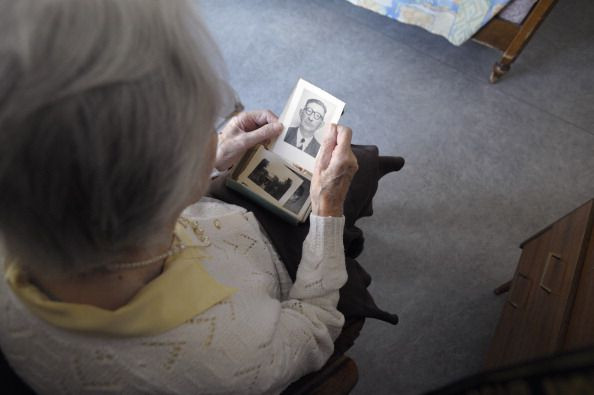World Alzheimer’s Day: Drug Trials, Research Funding, And Other Advancements Toward A Cure

Each year, World Alzheimer’s Day is observed on Sept. 21 as a way to raise awareness for a disease that accounts for a whopping 60 to 80 percent of dementia cases around the world. According to the Alzheimer’s Association, there is no cure for the disease, and no treatments can stop it from progressing to the point where it interferes with daily tasks.
The advanced stages of Alzheimer’s last between an average of 1.5 to 2 years, but for 20 to 30 percent of patients, the disease can linger on for as long as 15 or 20 years. According to the Centers for Disease Control and Prevention, it is the sixth leading cause of death in the United States.
So, how close are we to finding a cure for Alzheimer’s disease?
On Monday, the Cure Alzheimer's Fund announced that it has issued more than $6 million in research grants to treat the disease just this year. Since 2016 began, the nonprofit organization has funded 29 projects in the U.S. and around the world, and the year still isn’t over.
"Every year, we see more exciting scientific breakthroughs in the fight to develop effective treatments to Alzheimer's disease," Tim Armour, President and CEO of Cure Alzheimer's Fund, told Yahoo! Finance. "Cure Alzheimer's Fund is pleased to provide critical early stage funding to some of the most promising research projects that help us comprehend and treat this destructive disease."
Additionally, many promising new prescription drugs for Alzheimer’s are currently on trial. For example, pharmaceutical giant Biogen recently published results from the first phase of a safety trial of Aducanumab — which will hopefully treat the declines in memory, thinking, and reasoning associated with the disease.
Heather Snyder, senior director of medical and scientific operations at the Alzheimer’s Association, told PRI that the drug is the result of years of research and inquiry.
Other natural remedies — such as coconut oil and marijuana — also have reported benefits for those battling Alzheimer’s, but they have not been proven scientifically.
Read more:
Alzheimer’s Disease: Vaccine Prevents Tau Protein Buildup To Stop The Disorder In Its Tracks



























